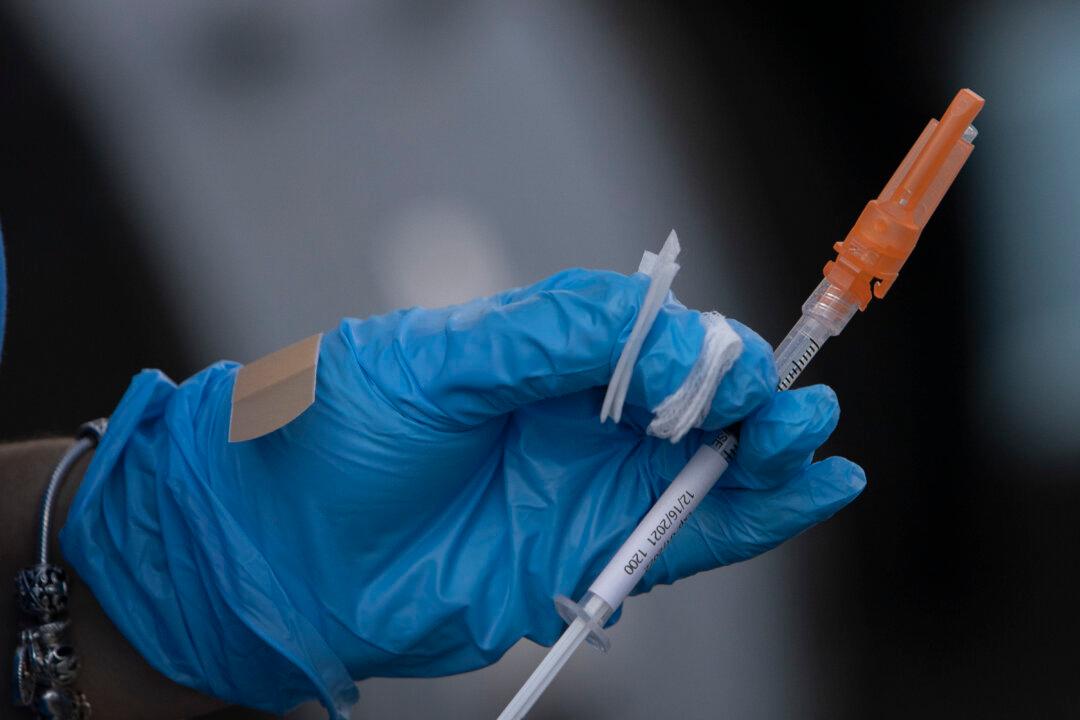The updated COVID-19 vaccine booster shots provide virtually no protection against infection and only quickly waning shielding against hospitalization, a new study has found.
Protection against infection peaked at just 28.8 percent, well below the 50 percent threshold for success established by U.S. and World Health Organization officials, researchers in North Carolina reported in the New England Journal of Medicine.





